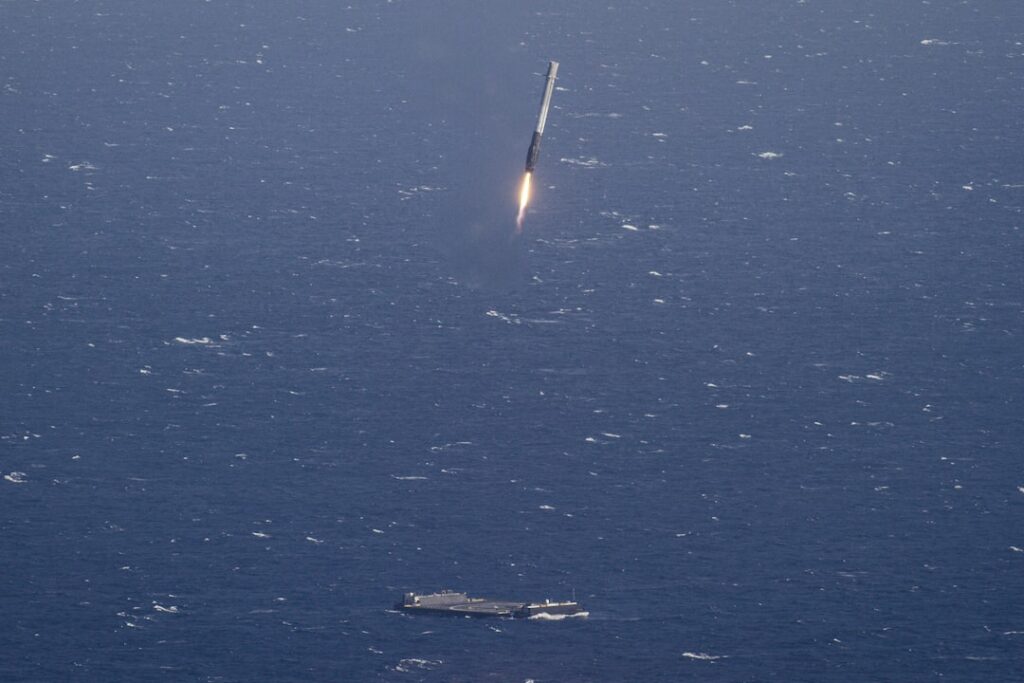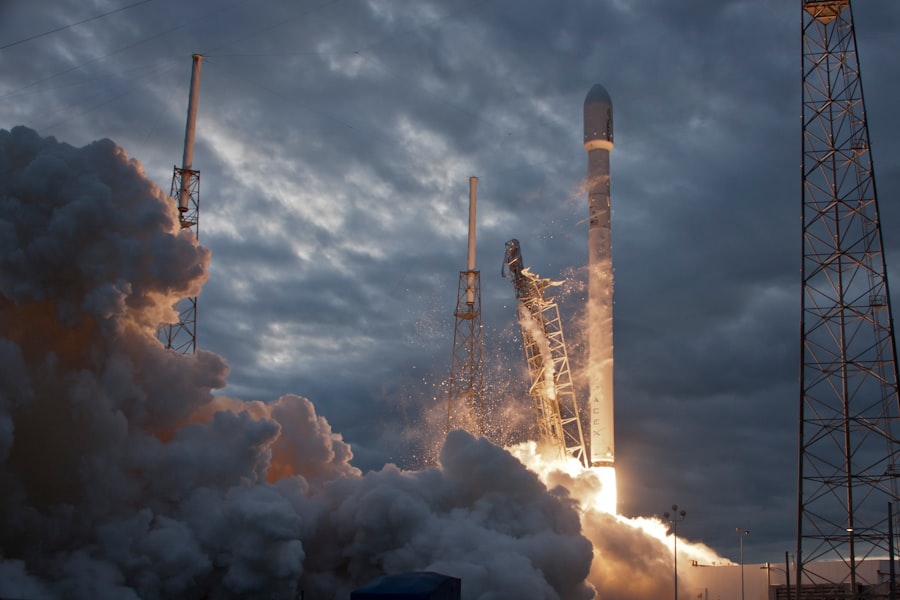
Elon Musk, a name synonymous with innovation and audacity, has become one of the most influential figures of the 21st century. Born on June 28, 1971, in Pretoria, South Africa, Musk’s journey from a curious child with a penchant for technology to a billionaire entrepreneur is nothing short of remarkable. His ventures span multiple industries, including space exploration, electric vehicles, renewable energy, and even brain-computer interfaces.
Musk’s vision is not just about creating successful companies; it’s about reshaping the future of humanity itself. His relentless pursuit of ambitious goals has inspired millions and sparked debates about the ethical implications of technology. Musk’s early life was marked by a fascination with computers and technology.
At the age of 12, he created and sold a video game called Blastar, showcasing his entrepreneurial spirit from a young age. After moving to the United States to attend the University of Pennsylvania, he co-founded Zip2, an online city guide software company, which was sold for nearly $300 million. This initial success laid the groundwork for his future endeavors, leading him to establish companies that would challenge the status quo and push the boundaries of what is possible.
Today, Musk is not just a businessman; he is a visionary who dares to dream big and act boldly.
Key Takeaways
- Elon Musk is a visionary entrepreneur known for his work in space travel, electric vehicles, transportation, renewable energy, and brain-computer interfaces.
- SpaceX, founded by Elon Musk, is revolutionizing space travel with reusable rockets and ambitious plans for Mars colonization.
- Tesla, led by Elon Musk, has disrupted the automotive industry with its electric vehicles and advancements in autonomous driving technology.
- The Boring Company, another venture of Elon Musk, aims to revolutionize transportation with underground tunnels and high-speed transportation systems.
- Neuralink, founded by Elon Musk, is working on developing brain-computer interfaces with the potential to revolutionize healthcare and human capabilities.
SpaceX and the Future of Space Travel
SpaceX, founded by Musk in 2002, has revolutionized the aerospace industry with its ambitious goal of making space travel more accessible and affordable. The company’s flagship rocket, Falcon 9, has become a symbol of innovation in space exploration. With its reusable rocket technology, SpaceX has significantly reduced the cost of launching payloads into orbit.
This breakthrough has not only made space missions more economically viable but has also opened up new possibilities for scientific research and commercial ventures beyond Earth. One of SpaceX’s most notable achievements is the successful launch and landing of the Falcon Heavy rocket, which is capable of carrying large payloads to various destinations in space. The company has also made headlines with its Crew Dragon spacecraft, which transported astronauts to the International Space Station (ISS) as part of NASA’s Commercial Crew Program.
The Starship project aims to develop a fully reusable spacecraft that can carry humans to Mars and beyond, marking a significant leap toward Musk’s dream of making humanity a multi-planetary species.
Tesla’s Impact on the Automotive Industry

Tesla, Inc., founded in 2003, has emerged as a leader in the electric vehicle (EV) market under Musk’s leadership. The company’s mission is to accelerate the world’s transition to sustainable energy through electric vehicles and renewable energy products. Tesla’s innovative approach to automotive design and technology has disrupted the traditional automotive industry, forcing established manufacturers to rethink their strategies in response to the growing demand for electric vehicles.
The introduction of the Tesla Model S in 2012 marked a turning point in the perception of electric cars. With its impressive range, high performance, and cutting-edge technology, the Model S proved that electric vehicles could compete with their gasoline-powered counterparts. Tesla’s success has spurred other automakers to invest heavily in EV technology, leading to a surge in electric vehicle offerings across the market.
As of 2023, Tesla remains one of the most valuable car manufacturers globally, with a market capitalization that reflects its pivotal role in shaping the future of transportation.
The Boring Company and the Future of Transportation
| Metrics | The Boring Company |
|---|---|
| Tunnel Length | Over 10 miles in Las Vegas |
| Speed of Transportation | Up to 150 mph |
| Capacity | 4,400 passengers per hour |
| Cost | Lower construction cost compared to traditional tunnels |
| Future Projects | Expanding to other cities like Los Angeles and Miami |
In addition to his ventures in space and electric vehicles, Musk founded The Boring Company in 2016 with the goal of revolutionizing urban transportation. The company aims to alleviate traffic congestion through an innovative tunneling system that allows for high-speed transit beneath cities. By creating underground transportation networks, The Boring Company seeks to provide an efficient alternative to traditional roadways.
The concept behind The Boring Company is simple yet ambitious: build tunnels that can accommodate electric vehicles traveling at high speeds. The first project, known as the “Loop,” aims to connect key locations within cities while minimizing surface-level disruption. This approach not only addresses traffic congestion but also reduces pollution associated with traditional transportation methods.
As urban populations continue to grow, The Boring Company’s vision could play a crucial role in shaping the future of urban mobility.
Neuralink and the Potential of Brain-Computer Interfaces
Neuralink, founded by Musk in 2016, represents one of his most ambitious projects: developing brain-computer interfaces (BCIs) that could revolutionize how humans interact with technology. The goal of Neuralink is to create devices that can be implanted in the human brain to facilitate direct communication between humans and computers. This technology has the potential to enhance cognitive abilities, treat neurological disorders, and even enable telepathic communication.
The implications of Neuralink’s technology are profound. Imagine being able to control devices with your thoughts or access information instantaneously without traditional input methods like keyboards or touchscreens. While still in its early stages, Neuralink has made significant strides in demonstrating its technology’s feasibility through animal testing.
As research progresses, ethical considerations surrounding privacy and consent will become increasingly important as society grapples with the potential consequences of merging human cognition with artificial intelligence.
SolarCity and the Push for Renewable Energy

Musk’s commitment to sustainability extends beyond electric vehicles; it encompasses renewable energy solutions as well. In 2016, Tesla acquired SolarCity, a solar energy services company co-founded by Musk’s cousins. This acquisition was part of Musk’s vision to create an integrated sustainable energy ecosystem that combines solar power generation with energy storage solutions through Tesla’s Powerwall products.
SolarCity’s mission aligns with Musk’s broader goal of reducing humanity’s reliance on fossil fuels and combating climate change. By promoting solar energy adoption and providing innovative energy storage solutions, Tesla aims to empower individuals and businesses to harness renewable energy sources effectively. As governments worldwide increasingly prioritize sustainability initiatives, Tesla’s role in advancing solar energy technology positions it as a key player in the global transition toward cleaner energy solutions.
Hyperloop and the Future of High-Speed Transportation
The Hyperloop concept, initially proposed by Musk in 2013, envisions a new mode of transportation that could revolutionize long-distance travel. This high-speed transportation system involves passenger pods traveling through low-pressure tubes at speeds exceeding 700 miles per hour (1,126 kilometers per hour). The Hyperloop aims to provide an efficient alternative to traditional rail and air travel while significantly reducing travel times between major cities.
Several companies have since taken up the challenge of developing Hyperloop technology, conducting feasibility studies and prototype testing. The potential benefits are immense: reduced congestion on highways and at airports, lower carbon emissions compared to air travel, and increased connectivity between urban centers. While challenges remain in terms of infrastructure development and regulatory approval, the Hyperloop represents an exciting glimpse into the future of transportation.
Elon Musk’s Ongoing Impact on Innovation
Elon Musk’s influence on innovation is undeniable; his ventures have reshaped entire industries and inspired countless individuals worldwide. From revolutionizing space travel with SpaceX to transforming transportation through Tesla and The Boring Company, Musk’s vision extends far beyond profit margins—he seeks to address some of humanity’s most pressing challenges. As we stand on the brink of technological advancements that could redefine our existence, Musk’s relentless pursuit of progress serves as both an inspiration and a reminder of our potential.
As we look toward the future, it is clear that Musk’s impact will continue to resonate across various sectors. His commitment to sustainability through renewable energy initiatives like SolarCity highlights the importance of addressing climate change while pushing for innovation in transportation with concepts like Hyperloop. Whether through brain-computer interfaces or interplanetary colonization efforts, Elon Musk remains at the forefront of technological advancement—a true pioneer whose legacy will shape generations to come.
In this ever-evolving landscape of innovation, one thing is certain: Elon Musk will continue to challenge our perceptions of what is possible and inspire us all to dream bigger. — Further Reading: 1. [SpaceX Official Website](https://www.spacex.com)
2.
[Tesla Official Website](https://www.tesla.com)
3. [Neuralink Official Website](https://www.neuralink.
[The Boring Company Official Website](https://www.boringcompany.com)
5.
[SolarCity Overview](https://www.tesla.com/solarpanels) And here’s a kid-friendly joke for you: Why did Elon Musk go to space? Because he needed some space!
Elon Musk has been making headlines recently for his ambitious goals with Tesla, including betting on the future of autonomous driving. In a related article from TSLA Investors, the company’s confidence in AI and robotics growth potential is highlighted. This aligns with Musk’s vision for Tesla’s future, as he continues to push the boundaries of technology and innovation in the automotive industry.
FAQs
Who is Elon Musk?
Elon Musk is a business magnate, industrial designer, and engineer. He is the founder, CEO, and chief engineer of SpaceX; early investor, CEO, and product architect of Tesla, Inc.; founder of The Boring Company; co-founder of Neuralink; and co-founder and initial co-chairman of OpenAI.
What is Elon Musk known for?
Elon Musk is known for his work in the technology and space exploration industries. He is the driving force behind companies such as SpaceX, Tesla, The Boring Company, Neuralink, and OpenAI.
Where was Elon Musk born?
Elon Musk was born on June 28, 1971, in Pretoria, South Africa.
What is Elon Musk’s net worth?
As of 2021, Elon Musk’s net worth is estimated to be around $151 billion, making him one of the richest people in the world.
What are some of Elon Musk’s notable achievements?
Some of Elon Musk’s notable achievements include founding SpaceX, which has successfully launched and landed reusable rockets, and leading Tesla to become a major player in the electric car industry. He has also been involved in projects related to solar energy, transportation, and artificial intelligence.
